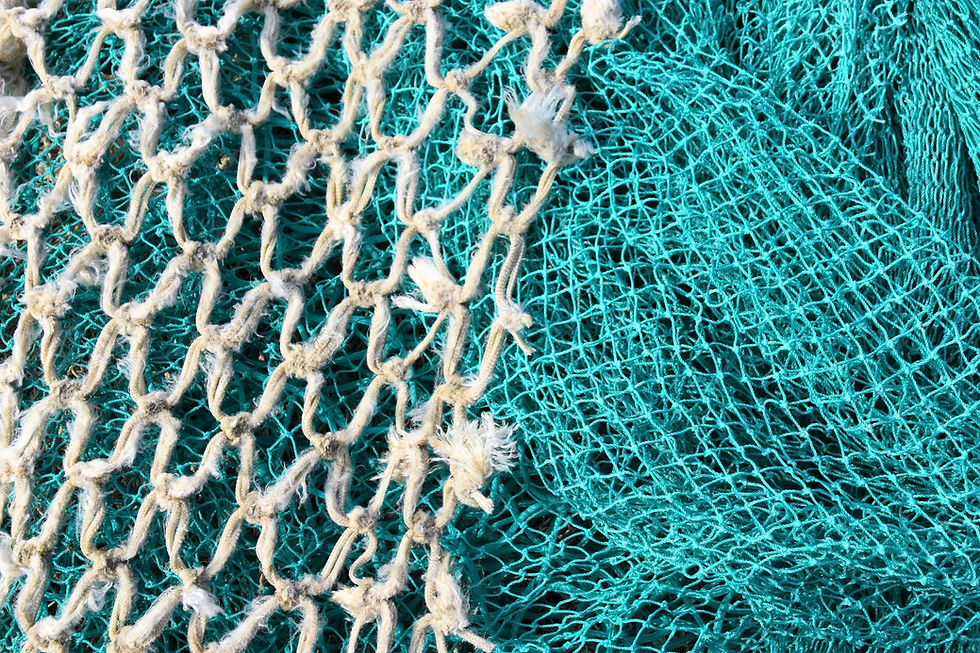Chinese New Year busiest time of year for China's clothes recycling groups
- REMAKEHUB

- Jan 2, 2020
- 2 min read

SHANGHAI: At Shanghai-based recycling firm Flying Ant, the month before Chinese New Year is the busiest time of the year.
Staff at the company work double shifts during weekends, going door-to-door to collect used clothes rejected by Chinese families as part of their spring cleaning before the new year.
TEXTILE WASTE
Most residential compounds in China have a recycling bin for families to drop off their unwanted garments. The common perception is that these clothes will be handed down as donations for the poor.
But in reality, because of the high costs of sanitising, packing and transporting used clothes, less than 10 per cent gets re-used in China.
A huge proportion is exported and sold overseas, mainly to East African countries, namely Burundi, Kenya, Rwanda, Tanzania and Uganda.
Data from the United Nations showed that with a combined 36.1 per cent of the global share, the United States, the United Kingdom and Germany were the top three used clothes exporters in 2015.
“When you do exporting, some of (this is) actually bought by consumers in a third country. But some of ... the poor quality ones, the vendors will just discard them into landfills,” said Sissi Chao of ReMAKEHub, a Shanghai-based start-up that helps people retain their used fabrics by turning them into designer accessories.
“All those unwanted clothes, they’re discarded (into) the ground, they’re releasing all the chemicals and dyes into the soil. It’ll also affect the humans and animals.”
The 28-year-old entrepreneur is part of a growing number of environmentally conscious Chinese millennials trying to find creative viable solutions to the country’s growing waste problem.
She has firsthand knowledge of just how damaging the fast fashion industry is to the environment, because her family is actually in the business.
“I went to check out a (textile) supplier once and I was shocked to find workers covered in blue in the factory. They looked like smurfs," she said, referring to the blue, human-like fictional cartoon characters created by Belgian animator Peyo.
“And the smell was just horrible,” she added. “I thought at that time: Something is wrong here.”
But Chao declined to provide more details of her family’s company because she said she had no permission to represent them or speak on their behalf.
What she’s hoping to do now with her business is to extend the life of a garment before it gets thrown away.
“People in China won’t buy secondhand clothes from other people because they think it's dirty. But if you convert something that’s already theirs into something new, they will buy that.”
But China will need to find more alternative solutions for its textile waste quickly, as the African countries who have been importing them are looking to ban used textile shipments in 2019.
The move is part of efforts to revive the textile manufacturing sector in their own countries.
*Read from:




this is so wow